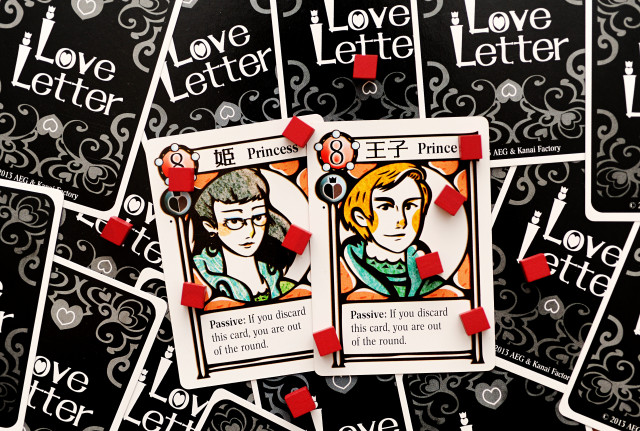I’m a parent of two children under 10. If you have ever gamed with kids that age, you may have come across a rare occurrence, the white whale of tabletop gaming, something I like to call “Not-Losing-Gracefully”. And by rare, what I really mean is – all the time.
It can range from quiet sulking all the way to an epic meltdown, and it often hits the moment final scores are tallied leaving one or both of them with a loss. This isn’t a comment on children, in fact I think it’s pretty normal to be upset after investing 30-60 minutes in an epic struggle of heated strategy and fierce table-talk only to see it not result in a win. I know I feel that sting, but as adults we can easily separate that feeling of loss from the enjoyment we had playing the game.
These experiences have led me to steer clear of direct conflict (combat) games, and recently I’ve started exploring co-operative adventures to avoid having to declare a single winner.
This past weekend when we were looking for something to pass a few minutes between dinner and books, I dug out an old copy of Love Letter by Seiji Kanai. I had been avoiding this game waiting for my youngest to get comfortable with reading by themselves. It’s gameplay relies on keeping your card secret, then playing one of two cards based on it’s power, and I wanted to make sure they had the ability to read the text and make a meaningful decision all on their own.
The goal is to be the last player left in a round, allowing you to deliver your love letter to the Princess and earning a token of affection. Depending on the number of players you need a certain amount of those tokens to win. Characters like the Guard will allow you to try and guess the card another player is holding, forcing them out of the round if you’re successful, or there’s the Baron who allows you to compare the value of your card with another player and the one with the lowest value is eliminated. If players run through the entire (16 card) deck and there is more than one person still in the round, the person with the highest value card wins the token of affection.
(In hindsight the powers are so simple that they’ve memorized the abilities simply based on the card number, so reading isn’t that necessary).
 The success and innovation of Love Letter has been written about extensively, but why I think it’s important is because it is teaching my kids how to lose.
The success and innovation of Love Letter has been written about extensively, but why I think it’s important is because it is teaching my kids how to lose.
It’s doing this again and again and again. It’s doing this with a minimal investment in time, with a single round lasting anywhere from 30 seconds to 3 minutes. It’s showing them that sometimes strategies pay off, and sometimes they don’t and it’s just fun trying different things out. Because of the repetition of rounds (which are essentially mini-games), they aren’t getting caught up in the frustration of losing, and are instead looking forward to the next round. After the first few plays I’ve already noticed a difference in their attitudes, and I can’t wait to see how this spills over into to the next bigger game that hits our table.
So far, the kids can’t get enough of it. In the past two days, between our normal everyday lives, we’ve logged 10 plays of Love Letter, each game lasting 10-13 rounds. So essentially that’s 100 to 130 mini-games in probably only a few hours worth of total time. Now that’s a lot of losing!
[…] Love Letter Loss I liked this article on why losing in Love Letter is a good thing, especially for kids. “It’s showing them that sometimes strategies pay off, and sometimes they don’t and it’s just fun trying different things out. Because of the repetition of rounds (which are essentially mini-games), they aren’t getting caught up in the frustration of losing, and are instead looking forward to the next round.” Source: http://dailyworkerplacement.com/2016/12/02/why-love-letter-is-an-important-experience-for-kids-2/ […]